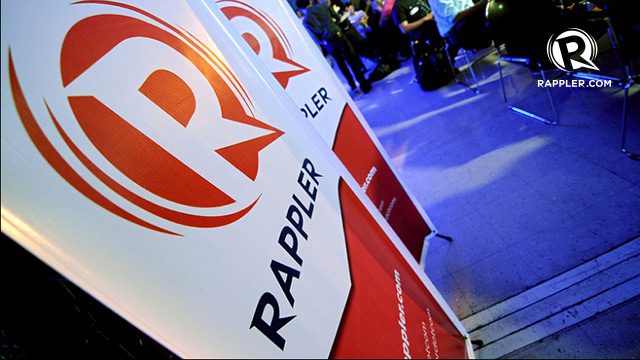Journalist Rafael Marques de Morais, who has braved decades of harassment and prosecution to expose corruption and human rights abuses in his native Angola, has been named the International Press Institute (IPI)’s 70th World Press Freedom Hero.
IPI’s World Press Freedom Hero award honours journalists who have made significant contributions to the promotion of press freedom, particularly in the face of great personal risk. Together with the annual Free Media Pioneer award, it will be presented during a special ceremony on June 22 in Abuja, Nigeria during IPI’s annual World Congress and General Assembly. For the past four years, both awards have been given in partnership with Copenhagen-based International Media Support.
Marques began his career as a reporter for the state-owned newspaper Jornal de Angola in 1992, before being fired over his willingness to deviate from the line set by Angolan President José Eduardo dos Santos, who ruled the former Portuguese colony with an iron fist between 1979 and 2017.
In 2008, after years of writing for independent outlets in Angola and authoring numerous reports on human rights violations, Marques founded the watchdog website Maka Angola, which provides investigative coverage of corruption involving top Angolan political, business and military leaders.
Læs mere om Rafael Marques de Morais
Filippinske pionerer
The Philippines-based news website Rappler is the recipient of the 2018 Free Media Pioneer award in recognition of the site’s innovative approach to journalism and audience engagement as well as its determination to hold authorities accountable despite aggressive attacks on its operations.
The annual Free Media Pioneer award was established by IPI in 1996 to recognize news or media organizations that have made innovations that have promoted news access or quality, or benefitted journalists and the media community, thereby ensuring freer and more independent media in their country or region. For the past four years, the award has been given in partnership with Copenhagen-based International Media Support (IMS).
Rappler was launched in January 2012 by a team led by Maria Ressa, an accomplished former CNN bureau chief in Southeast Asia known for her investigative coverage of terrorist networks in the region. After leaving CNN, she set her sights on modernizing the Philippines’s media landscape, leading the news and current affairs department at ABS-CBN news before resolving to found her own outlet.
The site immediately distinguished itself by embracing crowdsourcing, citizen journalism and social media as journalistic tools in a way that was radical for the Philippines’s still-traditional media environment but that reflected the widespread use of new technologies in one of Asia’s most populous countries.
“Rappler wants to harness new technology, analyze how it’s changing us as a people and attempt to use it for social good”, Ressa wrote in 2012. “In the process, we redefine journalism, build communities, and crowdsource actions for specific purposes.”















